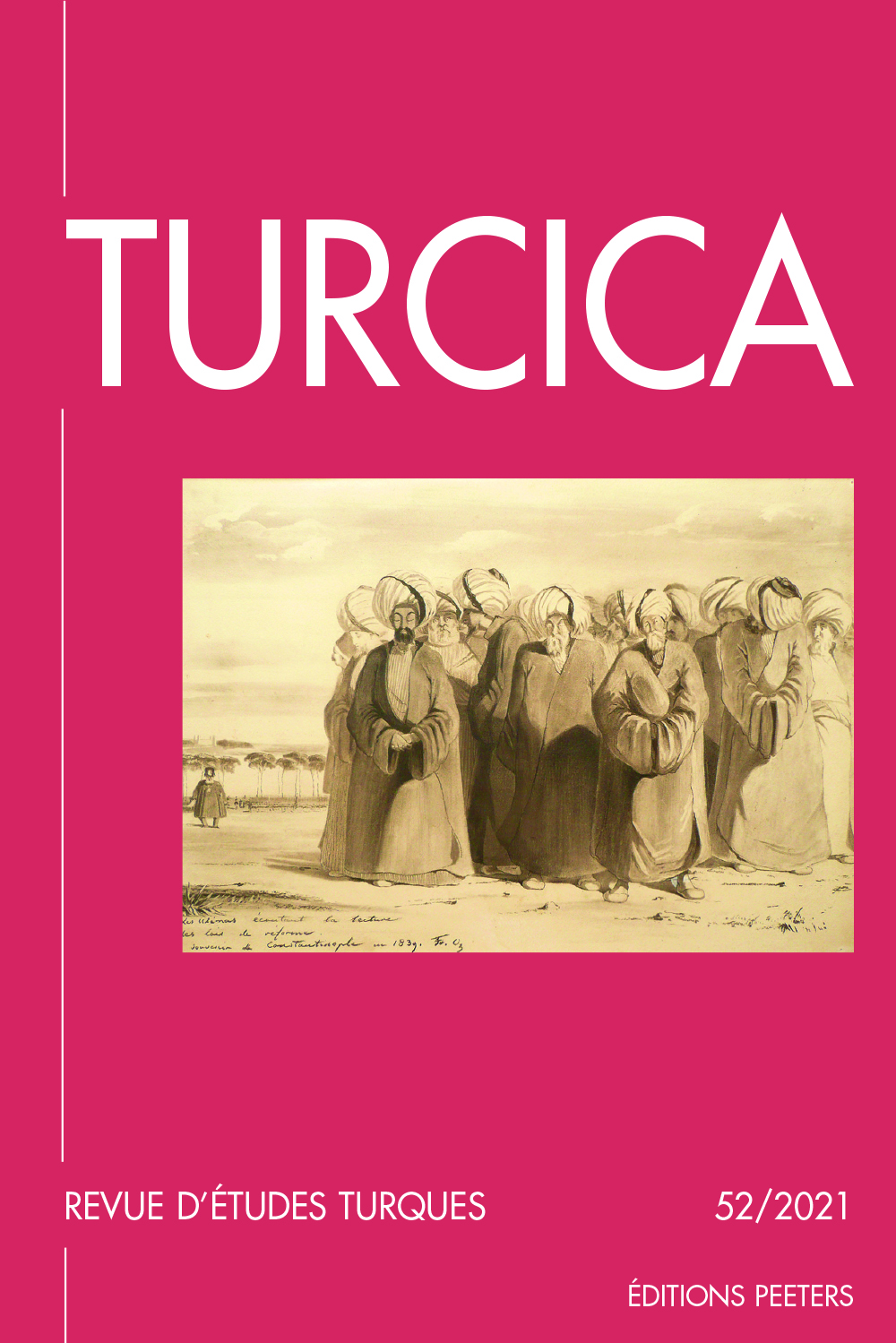 previous article in this issue previous article in this issue | next article in this issue  |

Preview first page |
Document Details : Title: The Administration of Criminal Justice in Ottoman Selânik (Salonica) during the Eighteenth Century Author(s): GINIO, Eyal Journal: Turcica Volume: 30 Date: 1998 Pages: 185-209 DOI: 10.2143/TURC.30.0.2004297 Abstract : Eyal GINIO, The Administration of Criminal Justice in Ottoman Selânik (Salonica) during the Eighteenth Century The cases discussed here are all part of the vast mosaic of the sicil records of eighteenth-century Ottoman Salonica. Although the picture they present is incomplete, they tell us a good deal about the ways in which the administration of criminal justice came under the authority of several different functionaries. The kadi, the müfti, the governor, and the mediators were the local key-figures in administering criminal justice, sometimes complementing one another and sometimes functioning independently. We can glean from the sicil records the following important characteristics of the penal system in Ottoman Salonica?: the dependence of the kadi on both the religious authority of the müfti in order to arrive at a judgment and on the executive powers of the governor in carrying out sentences?; the role of the mediators as vital in overcoming the stringencies of s?er‘î procedures by providing a legal way to put an end to quarrels originating from offenses against the person?; and the existence of a legal system based on the kanun and enforced by the local governor and his agents. Eyal GINIO, L’administration du système pénal à Selânik (Salonique ottomane) au XVIIIe siècle Les registres des tribunaux religieux musulmans (sicil) de Salonique contiennent des affaires criminelles par centaines. Cette étude, qui a été menée à partir des 85 sicil établis entre 1697 et 1760, met en valeur leur intérêt pour la recherche sur l'histoire pénale de cette ville portuaire. Nous avons cherché à montrer que ces documents judiciaires ne représentent qu'une partie de la vie criminelle?; leur rédaction, dans une langue juridique et abrégée, occulte les versions initiales des parties. Nous utilisons ces sources d'une part pour cerner les rôles que jouent les principaux agents locaux du système judiciaire?: le kadi, le müfti, le gouverneur et les arbitres, et d'autre part, pour analyser les rapports entre ces différentes institutions. |
 |


